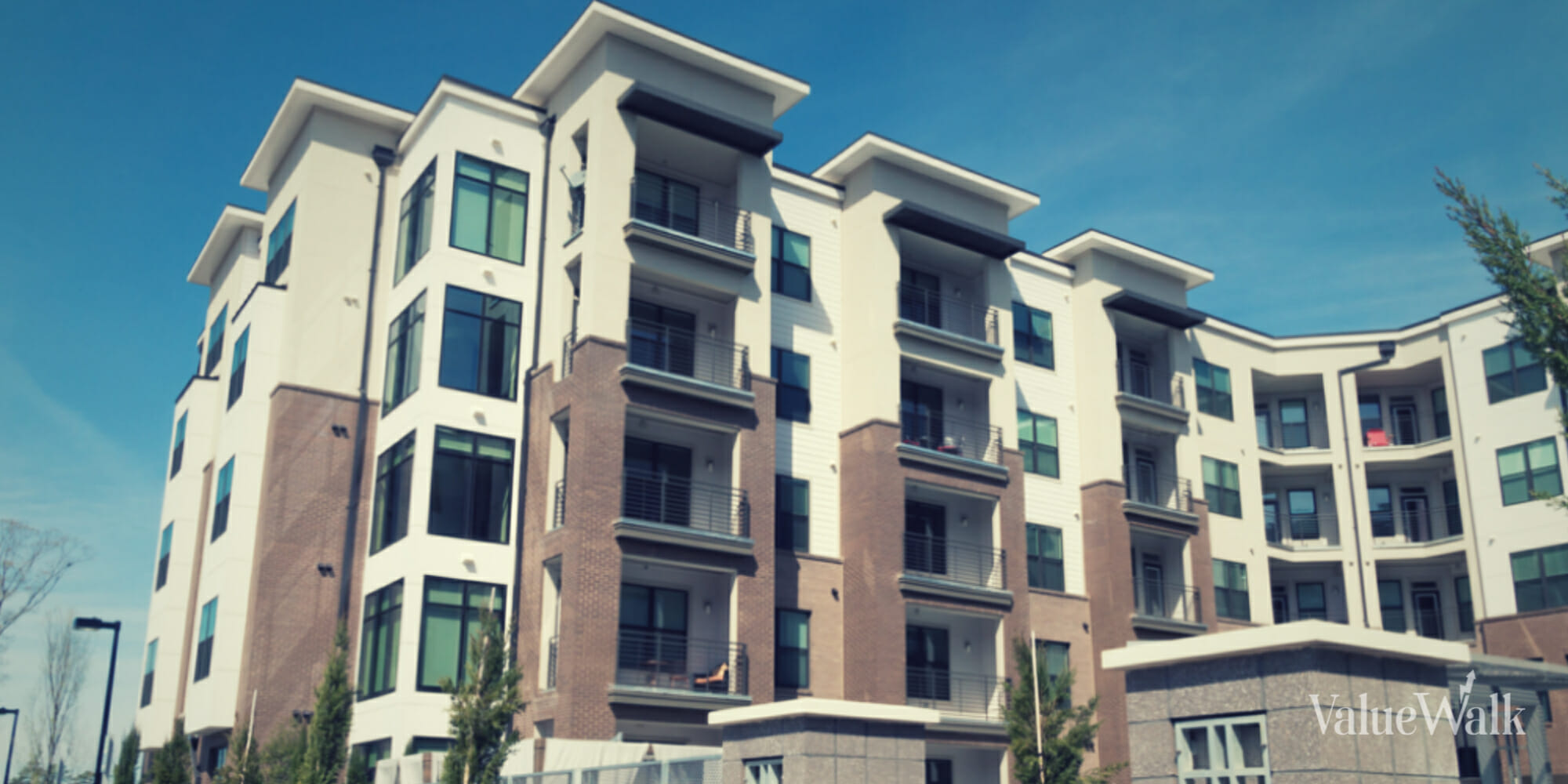Senate approves Colorado tax credit for renters, sends to House

Colorado Renters sent a bill to the House that, if approved, would provide an income tax credit to qualified renters in the state. The Colorado Tax Credit for Renters is available for low- and moderate-income renters for 2024-26. Eligible renters can receive an income tax deduction of up to $2,000.
Colorado Tax Credits for Renters: Who Can Get It and How Much?
Earlier this week, the Colorado Senate approved a bill providing tax credits to renters in a 22-12 vote. The bill now heads to the House of Representatives and, if approved, would provide a nonrefundable income tax credit to renters who meet income requirements.
To qualify for the Colorado tax credit for renters, taxpayers must have a federal adjusted gross income of $75,000 (up to $150,000 for joint filers). Another requirement is that the tenant must be renting the taxpayer’s primary residence within the state.
Eligible joint filers with gross income up to $50,000 can receive up to $2,000, and single filers with gross income up to $25,000 can receive up to $1,000. The credit amount is reduced by $10 for every $500 of income above the threshold. Tenants cannot carry over the credit.
Additionally, taxpayers who qualify for rental or heating assistance during 2024, 2025, or 2026 will be eligible to receive the full Colorado Tax Credit for Renters, regardless of income-based reductions.
It is important to note that a renter’s credit does not count as income when calculating eligibility for public assistance or affordable housing. The bill also specifies that tenants can claim this new tax credit or other income tax deductions for the tenant, but not both.
Senator Chris Kolker, Senator Chris Hansen, and Representative Lorena García are sponsors of the bill.
Property tax reduction measures are also in progress.
Separately, lawmakers are also considering a bill that would provide property tax relief for residents. Democrats are working to introduce legislation soon to overhaul the state’s property tax system to limit increases in homeowners’ and businesses’ tax bills. The bill also aims to provide more relief to people with undervalued homes.
If the bill is approved, homeowners would be able to exempt 10% of the value of their residence from taxes, up to a limit of $75,000. It is estimated that the tax relief could save you up to about $450 per year. However, actual savings may vary depending on local rates.
Sen. Chris Hansen, the bill’s lead sponsor, said the bill would effectively lower property assessment rates for most homeowners from 7.06% to 6.4%, but would not lower actual assessment rates.
Essentially, the property tax relief bill would spread property value increases over several years to help homeowners avoid huge year-over-year spikes. In the last tax year, residential values increased by about 40 percent statewide, on average.



